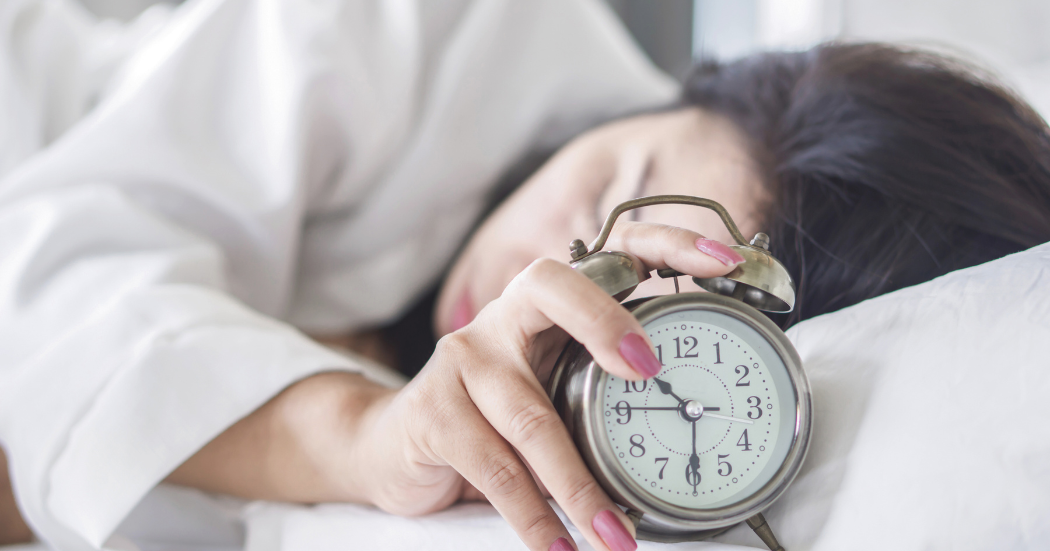
Habits for Healthy Sleep
Do you toss and turn all night, yearning for a good night’s sleep? You’re not alone. In our fast-paced world, achieving quality sleep can feel like a luxury. Fortunately, by incorporating healthy sleep habits into your routine, you can transform your bedroom into a sleep sanctuary and wake up refreshed and energized.
Crafting Your Sleep Haven
The environment you sleep in plays a crucial role in promoting restful slumber. Here are some habits to create a sleep-conducive space:
- Temperature Control: Our bodies naturally cool down as we prepare for sleep. Mimic this process by keeping your bedroom between 60 and 67 degrees Fahrenheit (15.5 and 19.5 degrees Celsius). If you tend to get cold feet, wear loose socks to keep them warm without restricting blood flow.
- Embrace Darkness: Light disrupts the production of melatonin, the sleep hormone. Invest in blackout curtains to block any stray light from streetlamps or headlights. Weatherstrip your doors to prevent light from seeping through cracks, and remove electronics with indicator lights from your bedroom.
Power Down Before Bed: Electronics emit blue light, which suppresses melatonin production and tricks your brain into thinking it’s daytime. Avoid using electronic devices like smartphones, laptops, and TVs for at least two hours before bedtime.
Develop a Relaxing Routine
Creating a consistent sleep schedule helps regulate your body’s natural sleep-wake cycle, making it easier to fall asleep and wake up refreshed. Here are some habits to establish a relaxing bedtime routine:
- Wind Down Gradually: Don’t expect to fall asleep instantly after a busy day. Allow yourself at least 30 minutes to unwind before bedtime. Take a warm bath, read a light book, listen to calming music, or practice gentle stretches. These activities signal to your body that it’s time to wind down and prepare for sleep.
- Find Your Sleep Window: Aim to fall asleep consistently between 8:00 pm and midnight. This timeframe aligns with your natural circadian rhythm, promoting deeper and more restorative sleep. Sticking to a consistent sleep schedule, even on weekends, will help regulate your body’s natural sleep-wake cycle.
- Ditch the Afternoon Caffeine: Caffeine has a half-life of 5-6 hours, meaning it takes that long for your body to eliminate half the amount you consumed. To avoid sleep disruption, reduce caffeine intake by early afternoon, especially if you’re sensitive to its effects.
Minimize Blue Light Exposure
Blue light, heavily present in electronic devices and some artificial lights, disrupts melatonin production. Here are some habits to minimize blue light exposure:
- Dim the Screens: If you must use electronics in the evening, consider using apps like f.lux or Twilight that filter out blue light. These apps adjust the color temperature of your screen to emit a warmer light that has less impact on melatonin production.
- Embrace Daylight: Exposure to natural light during the day helps regulate your sleep-wake cycle. Open your curtains in the morning and get some sunlight exposure throughout the day. If natural light isn’t readily available, invest in daylight-mimicking light bulbs.
- Consider Red or Orange Light Bulbs: Most bulbs emit blue light, part of the white light spectrum. In the evening, switch to red or orange light bulbs to create a more sleep-conducive environment. Budget-friendly options include orange party bulbs, while smart light systems like Philips Hue offer greater control over light color and intensity.
Relaxation Techniques for a Calmer Mind
A calm mind promotes better sleep. Here are some habits to quiet your mind before bed:
- Take a Warm Bath: A hot bath 90-120 minutes before bed can help you relax and signal to your body that it’s time to wind down. Consider adding magnesium flakes or salts to your bath for an extra dose of relaxation. Magnesium deficiency is common and can contribute to sleep problems.
- Quiet Your Mind: Before bed, try reading a light book, meditating, or practicing simple breathing exercises. Avoid activities that require focus or screen time, as this can stimulate your brain and make it harder to fall asleep.
Additional Tips:
- Regular Exercise: Regular physical activity can improve sleep quality. However, avoid strenuous workouts close to bedtime, as they can be stimulating. Aim for exercise at least a few hours before bed.
- Create a Sleep-Friendly Diet: Avoid heavy meals, sugary foods, and alcohol close to bedtime, as they can disrupt sleep. Opt for a light, healthy dinner a few hours before bed.
- See a Chiropractor (Optional): If pain is keeping you awake, a chiropractor may be able to help. Studies show that chiropractic adjustments can improve sleep quality for some individuals.
Ready to start developing Habits for Healthy Sleep?
By incorporating these habits into your routine, you can cultivate a sleep-supportive environment and develop a healthy sleep schedule. Remember, consistency is key!
The more you prioritize these practices, the easier it will become to drift off to sleep peacefully and wake up feeling refreshed and ready to take on the day.
Looking for a chiropractor in Smiths Falls? Let’s chat!
